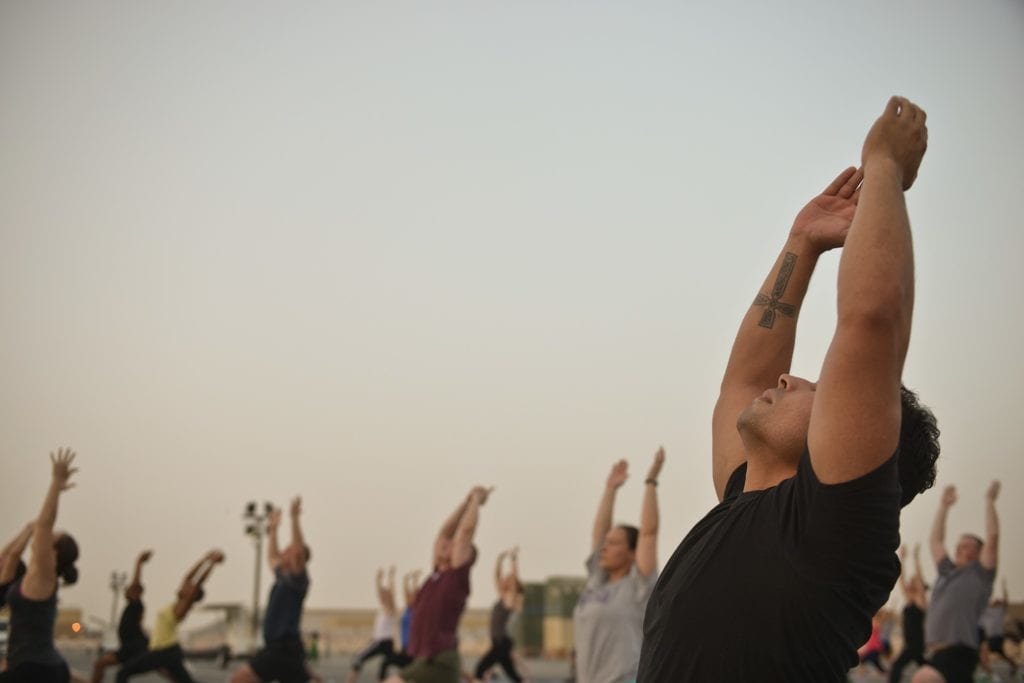Every field from sports and entertainment to science and politics include individuals who excel, those who are average and those that struggle. We all dream about being the top performer but it may not be obvious how we get there. If you’re familiar with the pop-psychology book Outliers by Malcolm Gladwell, you’ll know that he suggested 10,000 hours as the magic number for greatness. While that book de-emphasized some of the elements identified by researchers, there is a lot of research on how to be the best Social Worker you can be.
Deliberate Practice
Deliberate practice, as defined by Psychologist K. Anders Ericsson (one of the foremost researchers in the topic of expertise) involves training or learning activities that are specifically designed to improve performance. Usually, that means having a coach or trainer who is a high-performer and working through an outcome-based curriculum to develop one’s skills. The “read it, watch it, do it” model of teaching counselling skills is one example of deliberate practice in action.
Applying Deliberate Practice to Social Work
In order to apply deliberate practice to social work, we must understand the current state of the field. Scott D. Miller and his organization, the International Center for Clinical Excellence (ICCE) has conducted research showing that much of the outcome in therapy sessions among different clinicians was the result of how much time they spent developing and refining their skills. This deliberate practice added up to 7 hours per week in the most effective clinicians and just 20 minutes per week in the least effective ones.
Clinical supervision is one opportunity to engage in deliberate practice, as is video or audio-taping your sessions (with client consent) in order to identify areas for improvement. Taking classes and other courses as part of a continuing competency program is also helpful – as long as you ensure you actually change your practice as a result of taking those classes.
Evaluation and Outcomes
In addition to engaging in deliberate practice, one must also regularly evaluate themselves to ensure they are really making progress. In the same way that we may administer a Beck Depression Inventory (BDI-II) tool to a client as they proceed throughout therapy, it is important that we evaluate ourselves.
The ICCE provides two tools for this purpose: the Session Rating Scale (SRS) and the Outcome Rating Scale (ORS). The SRS is used to assess the degree of therapeutic alliance (your client’s perception of their relationship with you), while the ORS allows the client to rate their level of functioning in order for the therapist to get a sense of their pre-session and post-session change.
Both the ORS and the SRS have been extensively researched. Clinicians using the ORS/SRS and engaging in deliberate practice have the opportunity to move from being an average therapist to being one of the “supershrinks” – the top 10% of performers that are known for being extremely effective with clients.
The reason this kind of evaluation is effective is because they have a true understanding from real-time data of what works and what doesn’t work in therapy with each individual client, a far cry from the generic tools used to evaluate therapy after it is completed or exit-interviews emailed or mailed to clients who have stopped showing up to sessions.
Conclusion
If you want to improve your social work practice, you can begin to put deliberate practice into use immediately. Add rating scales like the ORS/SRS to your therapy sessions. Go back to the basics and review the therapeutic modalities. Practice your empathy statements, and continue your professional development.














